#finca san antonio amatepec
Text


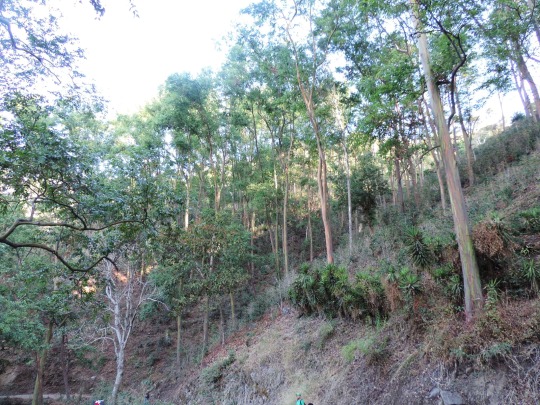
Finca San Antonio Amatepec
26-2-23
#finca san antonio amatepec#photography#original photographers#photographers on tumblr#trees#old tree#ceiba#el salvador#nature#forest#branches
5 notes
·
View notes
Text


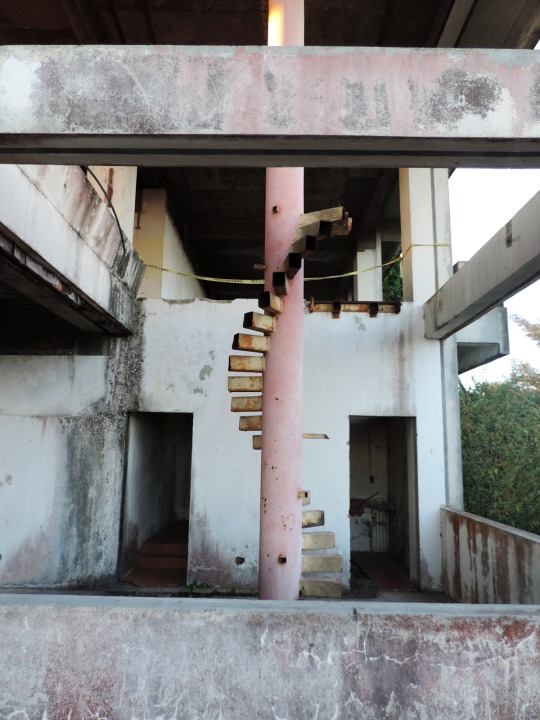
Ex teleférico
26-2-23
#teleferico#old building#abandoned#decaying building#el salvador#photography#original photographers#photographers on tumblr#finca san antonio amatepec
5 notes
·
View notes
Text

Café
26-2-23
#coffee beans#coffee aesthetic#el salvador#photography#original photographers#finca san antonio amatepec#photographers on tumblr
2 notes
·
View notes
Text

26-2-23
Finca San Antonio Amatepec
#finca san antonio amatepec#flowers#photography#original photographers#photographers on tumblr#el salvador#fotografia#fotos de el salvador
1 note
·
View note
Text
How Logistical Issues Affect Direct Trade Relationships
Direct trade establishes direct, mutually beneficial relationships between roasters and producers, cutting out all or some of the middlemen usually involved in the coffee supply chain. When executed correctly, it benefits roasters, producers, and consumers.
However, while many direct trade relationships find success, the transport and logistical hurdles involved in moving coffee from farm to roastery have ended many relationships or kept producers and roasters from entering into one.
Here’s why direct trade is worth pursuing, and what can be done to overcome these hurdles.
You may also like What Does “Direct Trade” Really Mean?
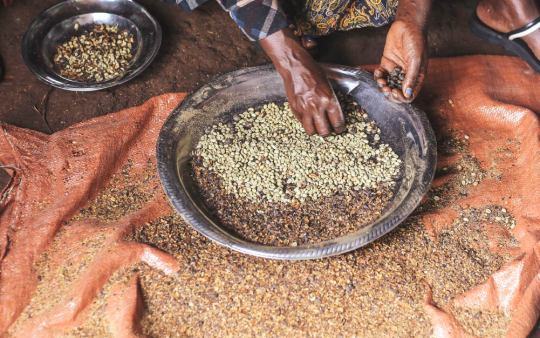
How Does Direct Trade Benefit Roasters & Producers?
Direct trade benefits roasters and producers in different ways. Securing a long term purchasing commitment from a roaster can help producers access financing, which can be used to improve their production and processing methods – resulting in an improved coffee quality. A closer relationship with roasters also means that producers can better tailor their coffee to the preferences of the roaster’s target market. And when roasters see the time and effort that goes into producing this coffee, they’re more likely to recognise its value and pay a premium for it.
When roasters directly partner with producers, they can directly influence the coffee produced, and how it’s produced. This means they can steer producers towards varieties or processing methods in demand by their target market. By being able to visit the producer and their farm firsthand, they can access accurate details on the coffee that can be used to market and sell it. When roasters have access to details on a coffee’s origin, consumers benefit, as they get proof that the coffee they’re drinking is traceable and has been ethically produced.
To find out how direct trade relationships are being navigated, I spoke to roasters and producers using the Algrano online platform to facilitate coffee sales, logistics, and communications. Many roasters entering into direct trade relationships didn’t know who grew their coffee in past transactions. “In the past, we bought coffees as if from a catalogue. They were faceless items,” says Paul Hoey, head roaster at Vagabond Coffee Roasters in the UK. He now uses Algrano to purchase and transport coffee directly from Colombian producer Ricardo Canal, who grows coffee on his farm Finca La Lomita.
Paul explains that direct sourcing allows him to “have the same relationships with those we buy from, as the relationships we have with our [wholesale café] customers… we believe if we provide [them] with a good product they’ll continue to work with us… I want the producers we work with to feel the same and know that we value their coffee and that we value them.”
Casey LaLonde is head of coffee at Girls Who Grind Coffee, a UK roastery that sources beans from female producers. She’s embraced direct trade because “we don’t want to be one-sided, we want everyone to benefit. We want to know that the price the producer is getting is fair, and it’s amazing to be able to ask them directly if it is.”
While Paul and Casey enjoy a good direct trade relationship with their producers, it wasn’t always like this. Here’s how logistical hurdles impacted them, and how they overcame them.
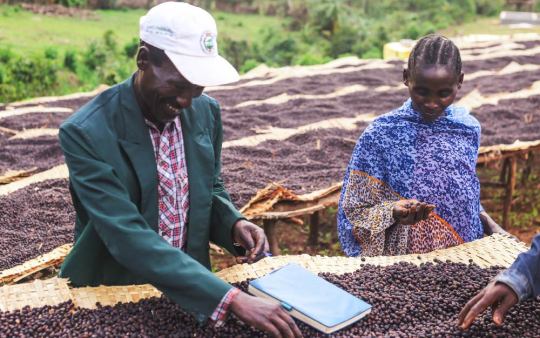
Transport & Logistical Hurdles Faced in Direct Trade Relationships
A direct trade relationship greatly simplifies the coffee supply chain for producers and roasters – but makes other aspects of it more complex. While both parties will deal with fewer intermediaries, they’ll need to take on the tasks these intermediaries would normally do – or find someone to do it for them.
Casey experienced this when she started working with Karla Boza of Finca San Antonio Amatepec, a coffee farm in El Salvador. “Neither [of us] had a clue how to get the coffee [to the UK],” she explains. To get the coffee from the farm to the port, she had to rely on Karla. While Casey was kept in the loop, communications often took place in Spanish requiring her to trust the process. “Other than relaying the coffee information and answering the odd question, I took a backseat and watched the process unfold in a series of emails written in Spanish, which I don’t speak,” she says.
Coffee leaving one continent for another will usually travel by ship. Once the coffee arrives at the country’s port, the government gets involved. Gilles Brunner is Co-founder of Algrano and explains that while shipping coffee isn’t difficult, it’s bureaucratic and time-consuming as you need to get an import license, book a shipping container on the shipping line, do a custom clearance, and more.
When faced with this issue, Casey opted to work with an exporter and importer.“There were contracts, trade documents, receipts and other formal documentation,” she says. “It made me realize just how complicated and downright impossible the transaction would be without the importers and exporters on board.”
Compounding this issue is cash flow. Many roasters aren’t dealing with large coffee volumes and can’t always afford the cost of transportation. “As a small roastery, we simply can’t afford to pay for a large lot of coffee upfront,” says Casey. “If we weren’t able to receive financing for the coffee, we simply wouldn’t be able to purchase it. We need to rely on a platform like Algrano, or an existing importing partner to take care of that for us.” With Algrano, Casey can calculate the exact transport costs for the number of bags she’s purchasing before finalising
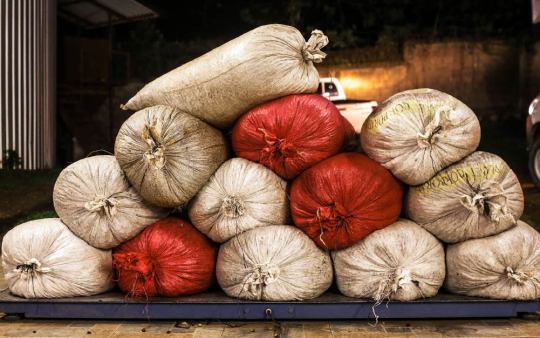
It’s a Challenge to Find Small Volume Sourcing Partners
Finding someone to export or import coffee is fairly straightforward when you’re dealing with large volumes of coffee. However, roasters in direct trade relationships might struggle to find sourcing partners. In addition, their lack of scale makes it economically inefficient to undertake the import and export tasks themselves. “For smaller volumes, [it’s] super complicated because you’re never a priority,” explains Gilles.
Small shipments aren’t popular as they require a similar quantity of documentation as large ones, which can translate to a higher price per sack. When Paul first started with direct trade, he was forced to use this method, as there were limited alternatives.“It was economically inefficient for quite a while,” he says. “With the scale of our operation, it made every aspect of the process incredibly expensive.”
Paul eventually switched to using Algrano to facilitate the movement of the coffee. “With their coverage and scale they managed to simply integrate the producer’s farm into their regular presence in El Salvador, and take care of all the steps between milling and it hitting the shores of the UK,” he says. “They finance the deal and we pay them back. It’s been incredibly easy.”
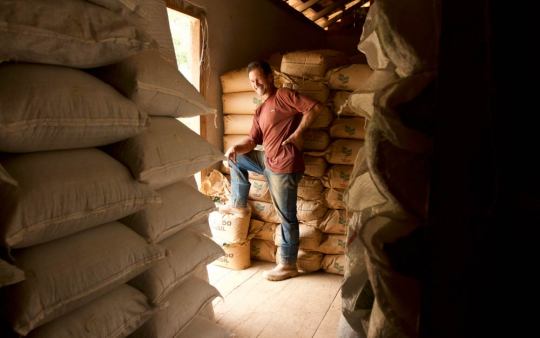
Transport Costs Make Direct Trade Riskier
The journey coffee takes from a producing country to a consuming country is a long one, and the cost of getting it there can add up. While working with an importer and exporter can expedite the process, both parties should negotiate how these expenses impact the coffee’s value and price, as direct trade means the price paid to the farmer must include any transportation and logistical costs.
Calculating this accurately is a challenge by itself, as it can get complicated. For example, the producer may be able to tell the roaster the cost of the coffee at the mill, but not its FOB or CIF price. To determine these prices the roaster and producer will have to speak with exporters, importers, and shipping lines, which might require they translate quantities from parchment in Colombian cargas or Salvadoran quintales to green coffee per pound.
This can hamper the trust being established between roaster and producer. Gilles mentions an example that a producer shared with him. The producer had been visited by a roaster, who cupped their coffee and wanted to buy it. However, as the producer couldn’t give them a price factoring in the coffee’s shipping costs, the relationship didn’t continue.
Gilles mentions that an online platform listing relevant logistical prices can help keep producer and roaster relationships on track. “If [roasters and producers] are able in a few clicks to say, ‘Hey, this is the price that the coffee is going to cost you landed in your warehouse’,[…] being able to provide this price, will create an [environment of] confidence”.

The work involved with managing transportation and logistics can hamper direct trade relationships, preventing them from having a long term, tangible impact on roasters and producers. Many larger roasters will be less affected by this, as the size of their operations allow them to spread out the cost over larger volumes. However, smaller roasters don’t have this advantage.
For any direct trade relationship to work, trust and commitment to transparency and information sharing are required. However, as Karen Hernández, Manager of Finca San José Buena Vista, a coffee farm in Guatemala, says, “Once you establish trust, roasters can be certain they’ll receive high-quality coffee, and [producers can be] certain they will continue to buy from us every year”.
Enjoyed this? Read What Do Producers Value in Green Coffee Bean Buyers?
Written by James Harper. Interview with Karen Hernández translated from Spanish.
Photo credits: Algrano
Please note: This article has been sponsored by Algrano
Want to read more articles like this? Sign up for our newsletter!
The post How Logistical Issues Affect Direct Trade Relationships appeared first on Perfect Daily Grind.
How Logistical Issues Affect Direct Trade Relationships published first on https://espressoexpertweb.weebly.com/
0 notes